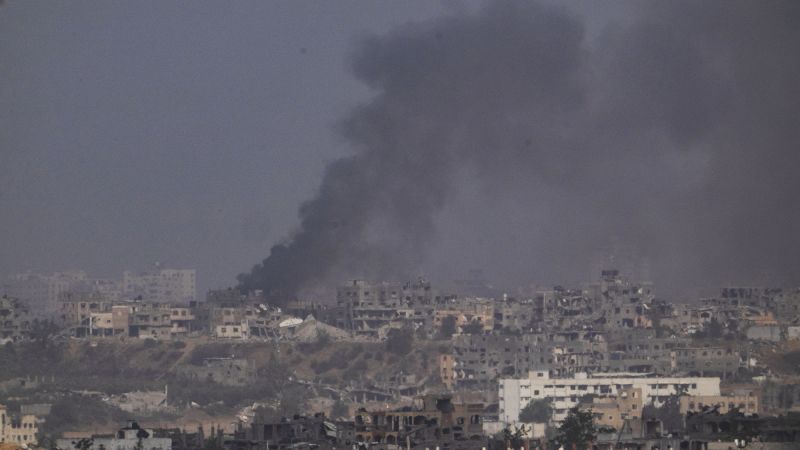Israel initially seized camera and broadcast equipment from The Associated Press in Sderot on Tuesday but later decided to return the equipment after facing backlash from US officials and press groups. Communications Minister Shlomo Karhi ordered the return of the equipment after the Ministry of Defense requested to re-examine the matter of broadcasts from sensitive locations. The AP had decried the action as an abusive use of Israel’s new foreign broadcasters law and urged authorities to return their equipment to resume their live feed showing events in Gaza.
The Israeli government had shut down the AP’s live camera feed showing Gaza and seized its equipment, citing concerns that the content was being provided to Al Jazeera, which had been banned in the country. The AP’s live feed was the only source of independent journalism in Gaza, where restrictions imposed by Israel and Egypt prevent independent journalists from operating. The White House expressed concerns to the Israeli government, prompting them to reverse the action and return the broadcasting equipment to the AP, acknowledging the importance of a free press in a democracy.
The AP welcomed the decision to return its equipment but expressed ongoing concerns about Israel’s use of the foreign broadcaster law and the ability of independent journalists to operate freely in the country. The Foreign Press Association also voiced alarm about Israel’s actions, warning that it could lead to the blocking of international news agencies from providing live footage of Gaza and restricting media coverage on vague security grounds. The move came after Israel had previously shut down Al Jazeera’s operations in the country, prompting condemnation from international bodies over restrictions on press freedoms.
The law approved by Israel’s parliament gives the prime minister and communications minister the authority to temporarily order the closure of foreign networks deemed a threat to national security. News organizations could be banned for 45-day periods, with the government’s ability to renew the ban for additional periods. Legal challenges to the law are pending in Israeli courts, with criticism that it violates freedom of expression, the right to information, and freedom of the press. The Israeli Supreme Court declined to issue an emergency injunction against the law, but a hearing is expected to be held on the challenges.
Reporters Without Borders and the Union of Israeli Journalists criticized Israel’s decision to seize the equipment, with the former condemning the interruption of the continuous feed filming Gaza. Opposition leader Yair Lapid denounced the seizure as an act of madness, highlighting the impact on an American media outlet with numerous accolades. The actions by the Israeli government have raised concerns about press freedom and democracy, with multiple groups and individuals condemning the move as threatening to media operations and international relations.













